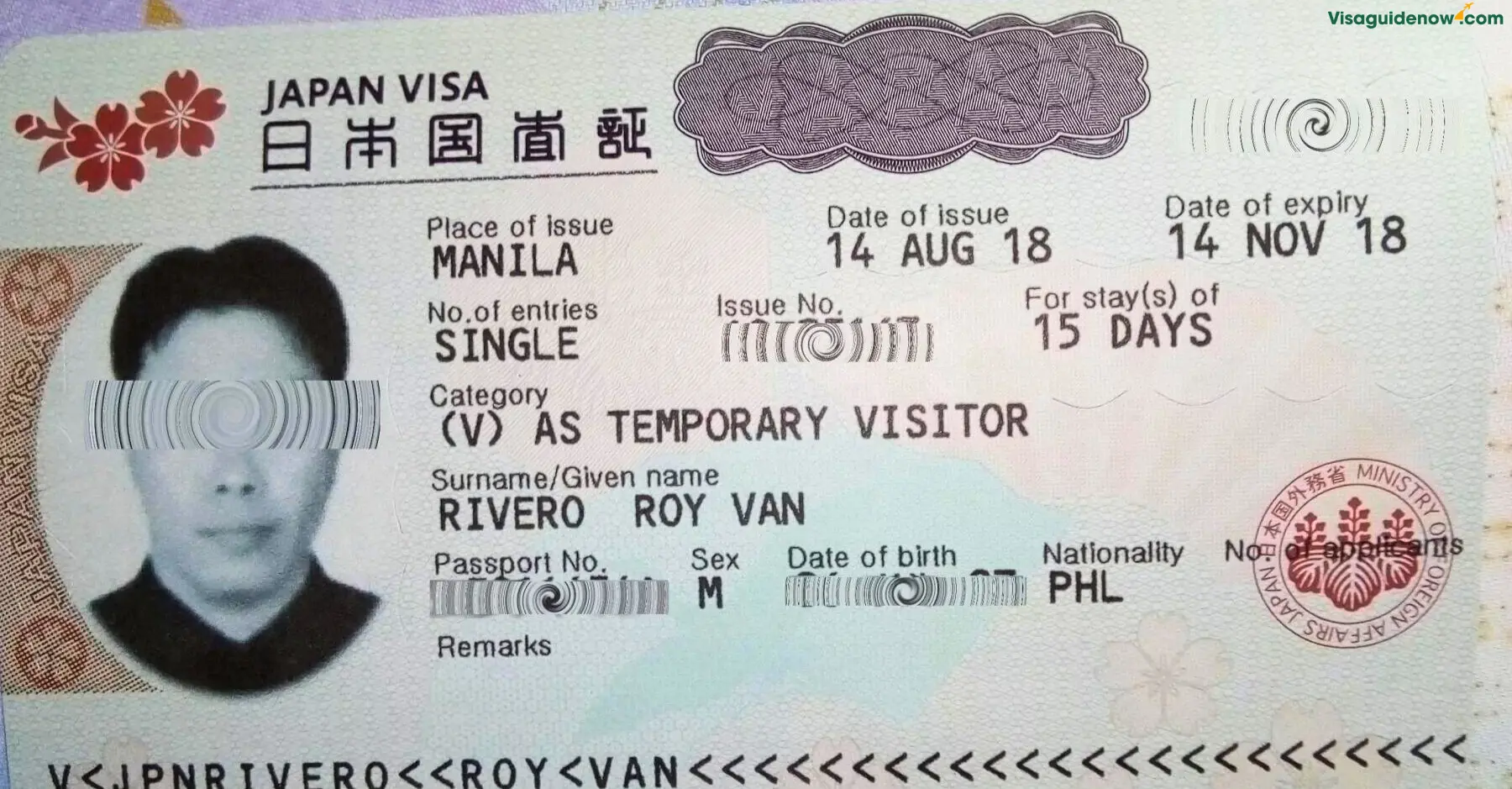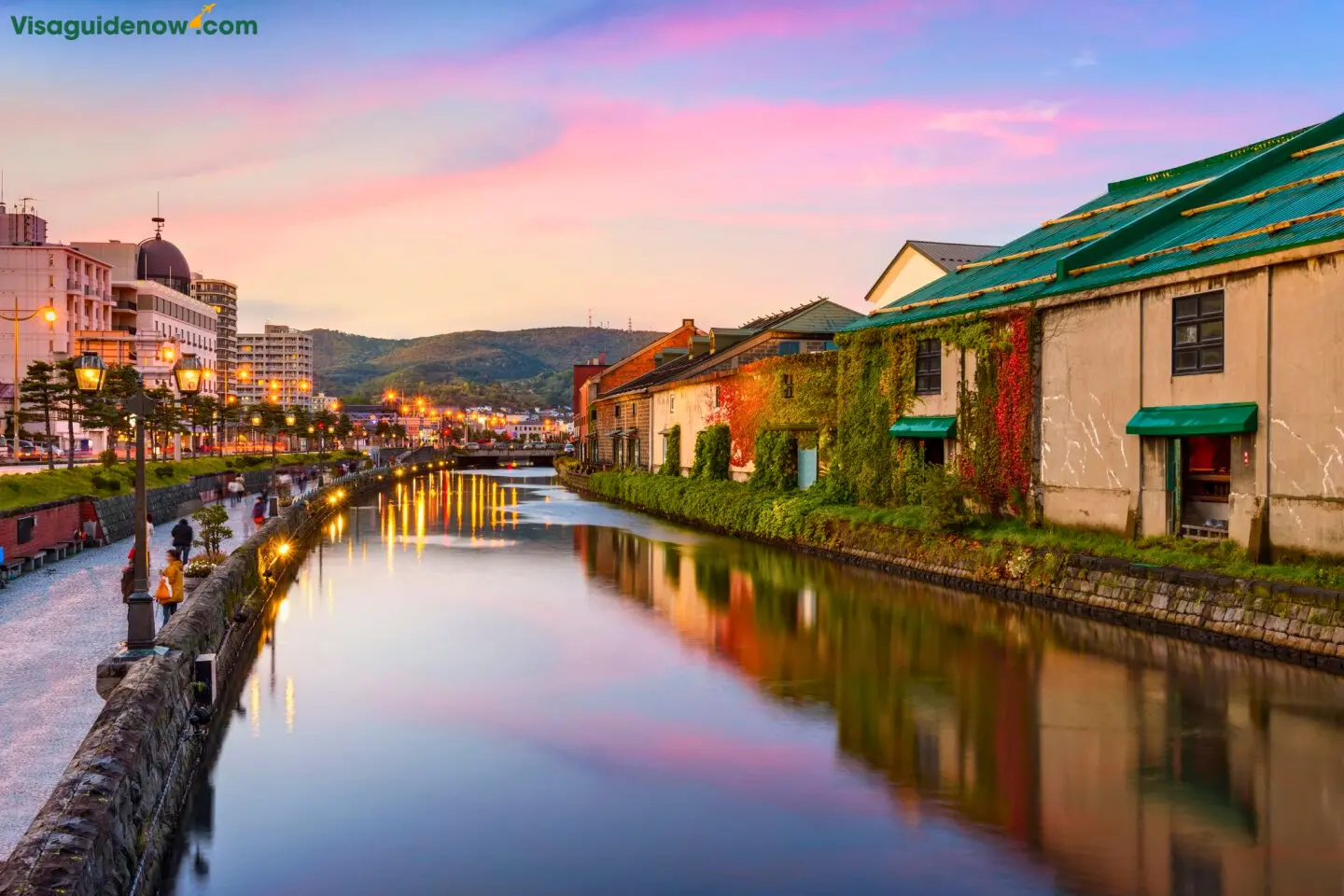Japan Visa Types, Requirements, and Application
If you are planning to visit Japan for tourism, business, or other purposes, you may need to apply for a visa before your trip. In this article, we will explain who needs a visa to enter Japan, what are the different types of visas available, what are the requirements for each visa, how to apply for the Japan visa, how much it costs, and how long it takes to process.
Who needs a visa to enter Japan?
Japan has visa-free agreements with countries and regions, which means that citizens of these countries and regions can enter Japan without a visa for a certain period of time, depending on their needs depends on their purpose of visit. List of visa-free countries and regions:
- Asia
- Europe
- Latin America and the Caribbean
- North America: 🇨🇦 Canada, 🇺🇸 United States
- Africa: 🇱🇸 Lesotho, 🇲🇺 Mauritius, 🇹🇳 Tunisia
- Middle East: 🇮🇱 Israel, 🇹🇷 Turkey, 🇦🇪 United Arab Emirates
- Oceania: 🇦🇺 Australia, 🇳🇿 New Zealand.
If your country or region is not on the list, or if you intend to stay in Japan for longer than the visa-free period, you will need to apply for a visa in advance at the nearest Japanese embassy or consulate in your country.
Japan visa types
There are various types of visas for Japan, depending on your purpose of visit, length of stay, and eligibility. Types of Japan visa are:
- Tourist visa: This visa is for those who want to visit Japan for sightseeing, leisure, or visiting friends and relatives. The tourist visa is usually valid for up to 90 days, and allows single or multiple entries, depending on the applicant’s nationality and circumstances.
- Business visa: This visa is for those who want to visit Japan for business-related activities, such as attending meetings, conferences, seminars, trade fairs, or conducting market research. The business visa is also valid for up to 90 days, and allows single or multiple entries, depending on the applicant’s nationality and circumstances.
- Work visa: This visa is for those who want to work in Japan for a Japanese employer, or engage in certain professional activities, such as teaching, journalism, engineering, or entertainment. The work visa is valid for the duration of the employment contract, and allows multiple entries. The work visa requires a Certificate of Eligibility (COE) issued by the Japanese Immigration Bureau, which must be obtained by the employer or sponsor in Japan before applying for the visa.
- Student visa: This visa is for those who want to study in Japan at an accredited educational institution, such as a university, college, or language school. The student visa is valid for the duration of the course of study, and allows multiple entries. The student visa also requires a COE issued by the Japanese Immigration Bureau, which must be obtained by the educational institution in Japan before applying for the visa.
- Transit visa: This visa is for those who want to transit through Japan to a third country or region. The transit visa is valid for up to 15 days, and allows single or double entries.
- Long-term stay visa: This type of visa is intended for people who do not fit into any of the other categories but intend to stay in Japan for an extended length of time.
- Visa for cultural activities: This type of visa is intended for people who want to engage in artistic or cultural pursuits in Japan, including martial arts or traditional Japanese arts.

Japan visa requirements
The requirements for the Japan visa may vary depending on the type of visa, the applicant’s nationality, and the embassy or consulate where the application is submitted. However, there are some general requirements:
- A valid passport with at least two blank pages and six months of validity from the date of entry into Japan.
- A completed and signed visa application form, which can be downloaded from the website of the Japanese embassy or consulate in your country.
- A recent passport-sized photo, taken within the last six months, with a plain white background and no glasses or hats.
- A visa fee, which may vary depending on the type of visa and the applicant’s nationality. The visa fee is usually paid in cash at the time of application, and is non-refundable regardless of the outcome of the application.
- A travel itinerary, including flight tickets, hotel reservations, and a detailed plan of activities in Japan.
- A bank statement, showing sufficient funds to cover the expenses of the trip, or a letter of sponsorship from a person or organization in Japan, stating their relationship with the applicant, the purpose and duration of the visit, and the financial support provided.
- A letter of invitation from a person or organization in Japan, stating their relationship with the applicant, the purpose and duration of the visit, and the contact details of the host.
- A COE, if applicable, for work or student visas.
- Other supporting documents, such as a certificate of employment, a certificate of enrollment, a certificate of marriage, etc., depending on the type of visa and the applicant’s circumstances.
How to apply for the Japan visa?
The process of applying for the Japan visa is as follows:
- Step#1. Check if you need a visa to enter Japan, and what type of visa you need, based on your purpose of visit, length of stay, and eligibility.
- Step#2. Gather all the required documents for the visa application, and make sure they are complete, accurate, and up-to-date.
- Step#3. Contact the nearest Japanese embassy or consulate in your country, and make an appointment for the visa application, if necessary. You can find the contact details of the Japanese diplomatic missions here.
- Step#4. Submit your visa application in person at the Japanese embassy or consulate, along with the visa fee and the required documents. You may also need to undergo an interview, if requested by the visa officer.
- Step#5. Wait for the visa decision, which may take from a few days to a few weeks, depending on the type of visa and the volume of applications. You can check the status of your visa application online, by phone, or by email, depending on the embassy or consulate where you applied.
- Step#6. Collect your passport and visa from the Japanese embassy or consulate, or have them delivered to you by mail, if available. Make sure to check the validity, duration, and number of entries of your visa, and report any errors or discrepancies to the visa officer immediately.
Japan visa fees
The visa fees for Japan may vary depending on the type of visa and the applicant’s nationality. The visa fees are usually paid in cash at the time of application, and are non-refundable regardless of the outcome of the application. The visa fees are subject to change without prior notice, so it is advisable to check the latest visa fees with the Japanese embassy or consulate in your country before applying.
- Single-entry visa: 3,000 yen (approximately $21 USD)
- Double-entry visa: 6,000 yen (approximately $41 USD)
- Multiple-entry visa: 7,000 yen (approximately $48 USD)
- Transit visa: 700 yen (approximately $5 USD)
- Long-term stay visa: 6,000 yen (approximately $41 USD)
- Cultural activities visa: 3,000 yen (approximately $21 USD)

Processing time for Japan visa
The processing time for Japan visa for each visa type may vary depending on the applicant’s nationality, the embassy or consulate where the application is submitted, and the time of year. However, according to the Ministry of Foreign Affairs of Japan1, the general processing time is as follows:
- Single-entry visa: 5 working days
- Double-entry or multiple-entry visa: 5 working days
- Transit visa: 5 working days
- Work visa: 4 to 8 weeks
- Student visa: 2 to 4 weeks
- Business visa: 10 to 15 working days
- Tourist visa: 7 to 10 working days
These are only average estimates, and the actual processing time may be shorter or longer depending on the individual circumstances of each application. Therefore, it is advisable to apply for Japan visa well in advance of the intended travel date, and check the status of the application online, by phone, or by email.
